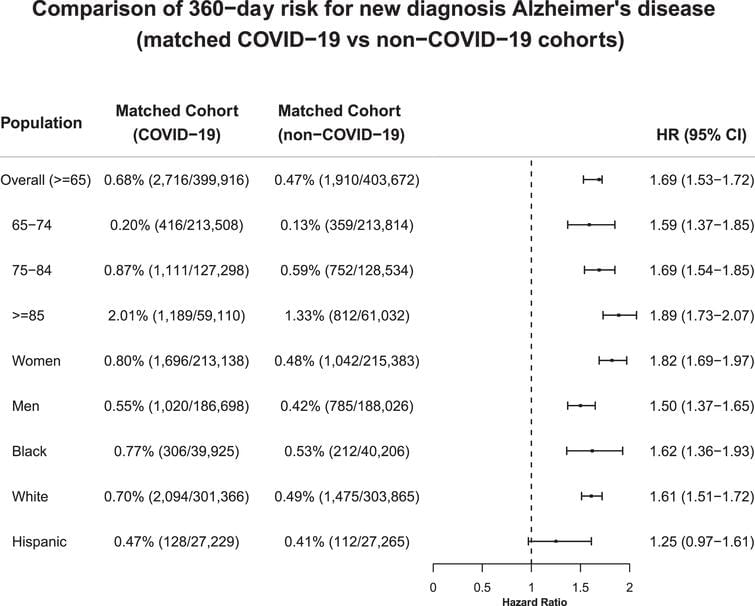You won’t be able to blame it on your genetics anymore: with CRISPR, it’s so easy to hacn into your DNA. CRISPR technology is our future, and experiments with DNA hacking are booming. CRISPR biotechnology is not science fiction anymore, it is our very near future. Would you hack and reprogram your own DNA with CRISPR? Breaking the code of life, hacking DNA at home.
Welcome to the world of a new nature. We can now literally cut and paste DNA with the new CRISPR technology. There is a revolutionary development going on that will have major consequences for humans, plants and animals. The new biotechnology is here.
‘Bio is the New Digital’. We are able to accurately reprogram the genetic code of our body cells, embryos, bacteria, viruses and plants. With the CRISPR technology we can adjust the characteristics of each organism to our needs. This allows us to permanently ban diseases, improve our body conditions and adapt plants to our food needs.
The special feature of CRISPR technology is that it is relatively simple. In the past year, the number of experiments and applications has exploded. Around the world, people have been tinkering with CRISPR: experimenting at home with the ‘Do it Yourself CRISPR kits’.
Scientists call for new ethical frameworks. The demand for the (un)desirable so-called designer babies is imminent. Although this is not yet the case, we can put an end to hereditary diseases in the short term. We may also want to make bacteria that can eat oil or plastic, pigs in which human organs can grow or bring extinct animals back to life.
It looks like science fiction but it is now closer to our reality than ever.
With: Emmanuelle Charpentier (geneticist), John van der Oost (microbiologist), Andrew Hessel (biotechnologist), Niels Geijsen (cell biologist), Josiah Zayner (biohacker) and Ivan van der Meij (FSHD patient).
Originally broadcasted by VPRO in 2018.


